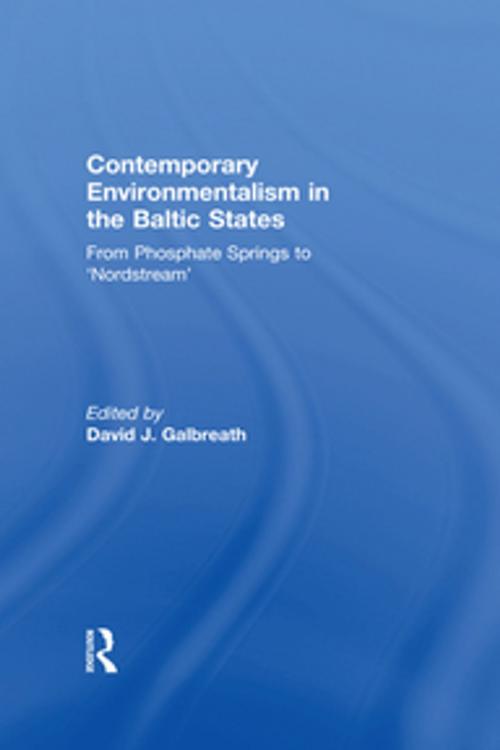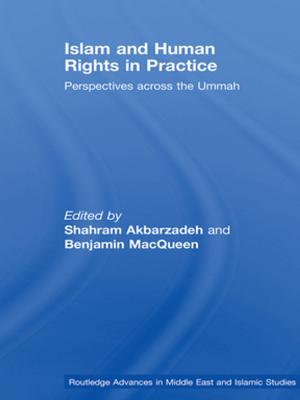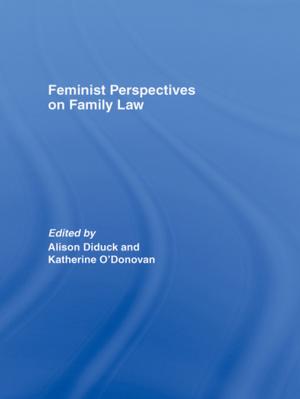Contemporary Environmentalism in the Baltic States
From Phosphate Springs to 'Nordstream'
Nonfiction, Social & Cultural Studies, Political Science, Government| Author: | ISBN: | 9781317965893 | |
| Publisher: | Taylor and Francis | Publication: | October 18, 2013 |
| Imprint: | Routledge | Language: | English |
| Author: | |
| ISBN: | 9781317965893 |
| Publisher: | Taylor and Francis |
| Publication: | October 18, 2013 |
| Imprint: | Routledge |
| Language: | English |
This book examines the relationship between environmentalism and political transition in Estonia, Latvia and Lithuania. Environmentalism was a strong force behind the nationalist movements preceding the independence of the Baltic States and the subsequent collapse of the Soviet Union. The contributors illustrate how the Baltic States face contemporary environmental challenges through transition, enlargement and integration into the European Union.
This edited collection brings the reader through the political, economic and social changes of the post-Soviet Baltic States as a way of examining how transition influences environmentalism. Secondly, the book looks at how the enlargement of the European Union to encompass the Baltic States has influenced political and legal approaches to the environment. Finally, the contributors examine how regional and global environmental narratives have shaped contemporary environmentalism in the Baltic States. From ‘eco-nationalism’ to the world’s first ‘green’ prime minister, environmentalism continues to play an important role in Estonia, Latvia and Lithuania.
This book was published as a special issue of the Journal of Baltic Studies.
This book examines the relationship between environmentalism and political transition in Estonia, Latvia and Lithuania. Environmentalism was a strong force behind the nationalist movements preceding the independence of the Baltic States and the subsequent collapse of the Soviet Union. The contributors illustrate how the Baltic States face contemporary environmental challenges through transition, enlargement and integration into the European Union.
This edited collection brings the reader through the political, economic and social changes of the post-Soviet Baltic States as a way of examining how transition influences environmentalism. Secondly, the book looks at how the enlargement of the European Union to encompass the Baltic States has influenced political and legal approaches to the environment. Finally, the contributors examine how regional and global environmental narratives have shaped contemporary environmentalism in the Baltic States. From ‘eco-nationalism’ to the world’s first ‘green’ prime minister, environmentalism continues to play an important role in Estonia, Latvia and Lithuania.
This book was published as a special issue of the Journal of Baltic Studies.















